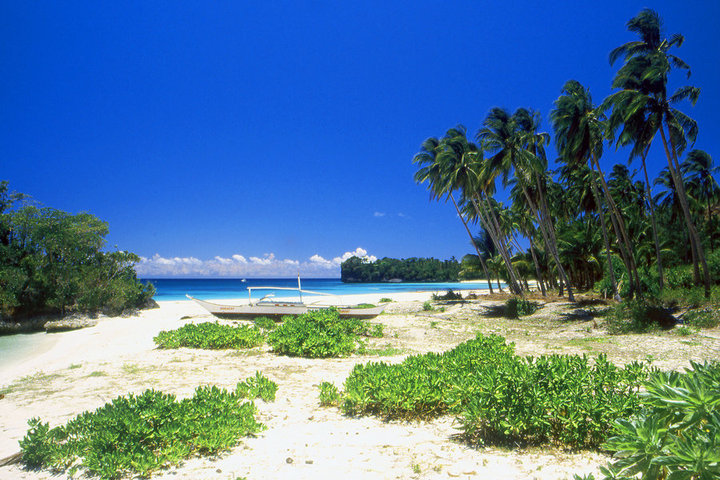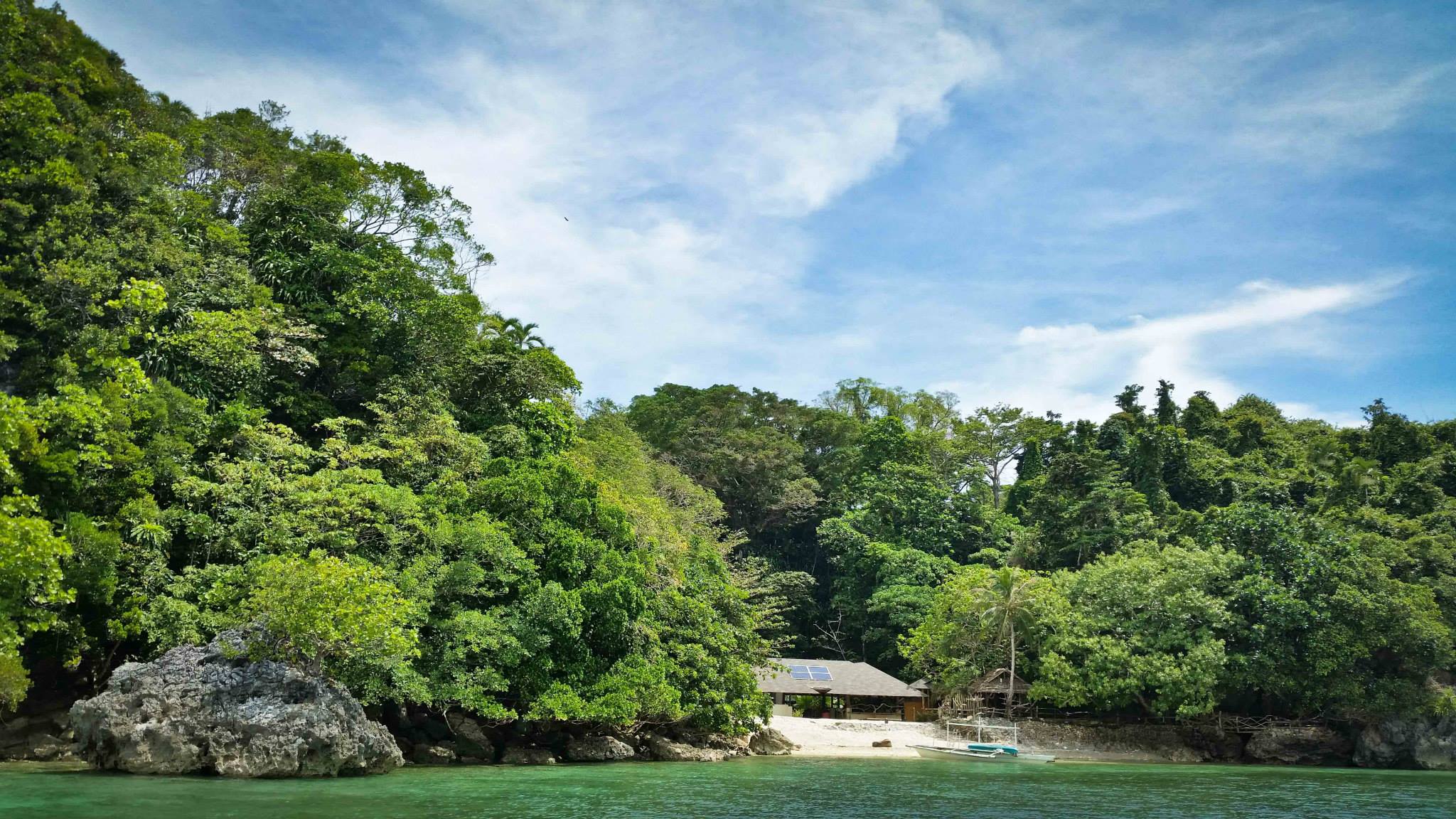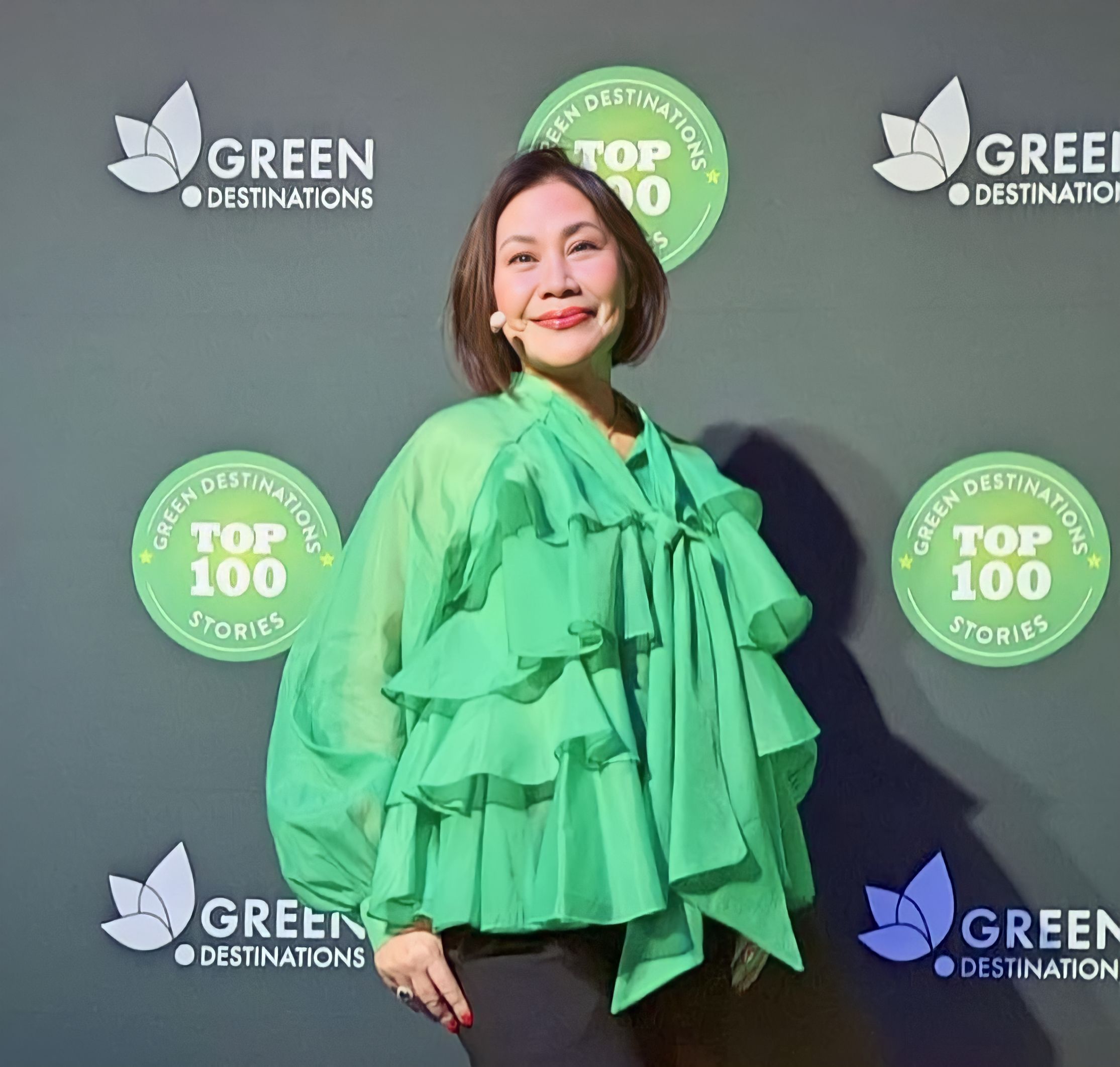The story of Koh Phangan, Thailand is an all-too-familiar one in the tourism industry: discovered by backpackers, embraced by adventurers, exploited by businessmen with no regard for conserving the rich natural environment of the island which attract tourists in the first place and and devastated by mass tourism.
“We need to educate and espouse tourism development that does not destroy our rich natural heritage which attract tourists to visit in the first place. We must ensure we don’t only protect the environment for the future generations, we also improve governance & stewardship. Let us learn the lessons from other beach island destinations which self-destruct due to unsustainable development.” – The Coron Initiative Author & Adviser
Coron is a first class municipality in the province of Palawan, Philippines. According to the 2010 census, it had a population of 42,941 people.
The municipality covers the eastern part of Busuanga Island and all of the nearby Coron Island, as well as another 50 minor islets, stretching as far as Tara Island in the northeast and Canipo Island in the south. All these islands are part of the Calamian Archipelago in northern Palawan that separate the South China Sea from the Sulu Sea. The main industries of Coron are fishing and tourism, being a popular diving location.
The aquatic views of a dozen sunken Japanese warships at depths between 10 and 40 metres (33 and 130 ft) off Coron Island are making Coron and its neighboring municipalities a popular diving destination, listed in Forbes Traveler Magazine’s top 10 best scuba diving sites in the world.
The municipality of Coron itself is composed of Coron Island, a portion of Busuanga Island, and some 20 other outlying islands. It is blessed with pristine white beaches, turquoise waters, limestone cliffs, and a virtually unspoiled countryside all contributing to a breathtakingly beautiful landscape. Other features of interest include volcanic lakes, natural hot springs, over 500 caves and a thriving marine ecology population.

The Coron Initiative was conceived by Society for Sustainable Tourism & Development Inc.- SSTDI, CEO & President Susan Santos de Cárdenas, The Coron Initiative Author & Adviser, during her first visit to Coron in June 2010. During that visit, she was introduced to Al Linsangan, Executive Director of the Calamianes Conservation & Cultural Networks Inc. (CCCNI) and together, they forged a Memorandum of Agreement to adopt and implement TCI under the tutelage of the CCCNI. TCI project base is in Coron Island, Palawan, Philippines, touted as “the last frontier” by explorer Jacques Costeau.

In 2010, Ms. Cardenas first requested authorization from Rainforest Alliance, the UN-WTO partner which formulated the first Sustainable Tourism Best Practices Guideline. Rainforest Alliance Ronald Sanabria gave the approval to adopt the Guideline, however with advice to take into consideration the local tourism situation, issues and concerns of the area. In other words, the ST Guide has to be customized in the context of Coron environmental, social and economic conditions. Thus, the TCI Guide is based on the following framework from UN-WTO.

A Work in Progress. The Preliminary Blueprint in 2011 includes an overview of the various criteria currently used by Tourism Sustainability programs started by World Tourism Organization authorized by Rainforest Alliance was developed with support from United Nations Environmental Program UNEP) Global Environmental Facility (GEF) and is updated to the Global Sustainable Tourism Criteria for Destinations & Tourism establishments in 2016, and currently, working with Green Destinations, a GSTC-accredited Certifying Body.
Supporting Agencies:
- Department of Tourism
- Department of Environment & Natural Resources
- Environmental Management Bureau, Philippines

The Coron Initiative Author & Adviser: we need to educate and espouse tourism development that does not destroy our environment. We must ensure we don’t only protect the environment, we also improve governance & stewardship.

PROPONENTS/PARTICIPANTS
- Travel & tourism industry sector, tour operators, travel agents,
- Public sector, Politicians/Statesmen, Public/civil servants: Government agencies, LGUs in charge of environment, governance, planning & development, tourism
- Hospitality sector: hotels and resorts, restaurants, bars, (owners, managers, decision makers)
- Tourism service & Eco/organic product providers: small and medium business owners, leisure (spa, beauty, food & health products/services)
- Real estate & land owners, Developers, Contractors, Architects, Builders, Suppliers
- Energy, Water, Organic farming & Recycling sectors
- Land, water and air transport: Tour bus operators, Cruises/Ships; Airlines
- Recreation and sports facilities: scuba, snorkeling, mountaineering, adventure, outdoor shops & gears
- NGOs, cooperatives, People’s Organizations, Environmental, Conservation & Green Advocacy groups
- Academe, educators, youth leaders
- Concerned citizens and sustainability advocates

IMMEDIATE AND LONG TERM BENEFITS
- Maintain natural cycles in marine-coastal ecosystems and their influence in global climate change.
- Preserve the destination attraction that prompted tourists to visit them in the first place.
- Achieve efficiency and savings in business operating activities- ECO nomic and ECO logical.
- Maintain destination quality and competitiveness.
- Protect and conserve biodiversity as legacy for future generations.
Know more about the story of The Coron Initiative in Manila Times article; please click here. Photos from The Coron Initiative Capacity Building Series here.
FROM THE PRESS. Check out articles about The Coron Initiative:
- Philippine Star: http://www.philstar.com/starweek-magazine/2013/07/14/965411/coron-initiative
- Starweek Cover Story: http://www.philstar.com/starweek-magazine/2013/07/14/965361/coron-green-sanctuary
- The Manila Times, Part II: http://www.manilatimes.net/the-coron-initiative-2/18585/
Check out more PHOTOS of The Coron Initiative Capacity Building Series, here.







